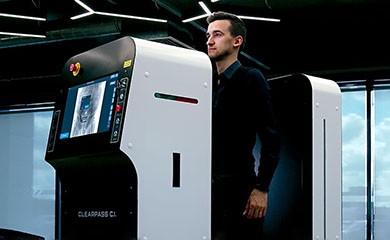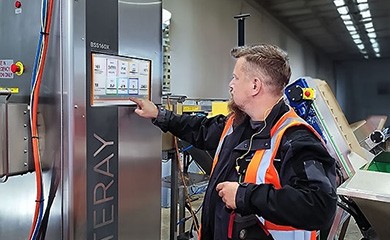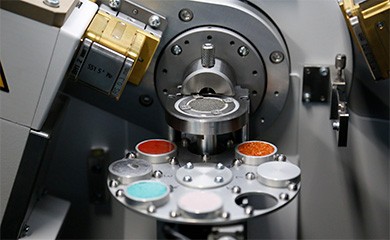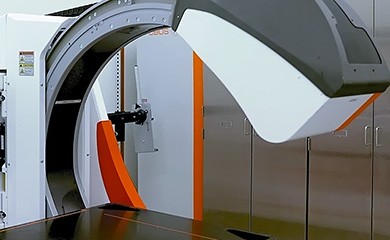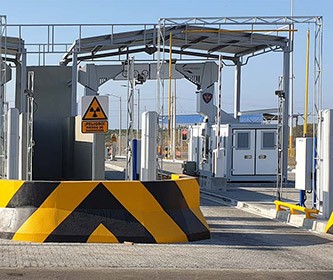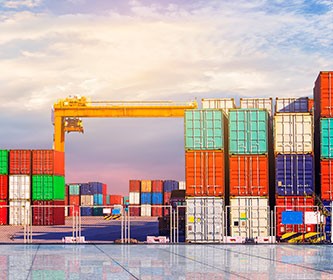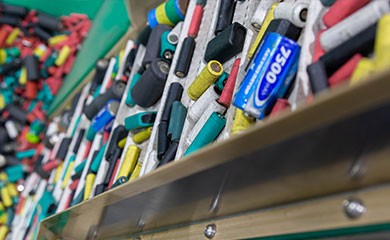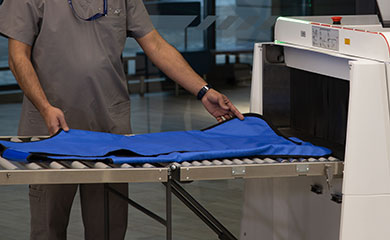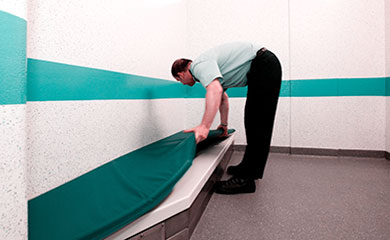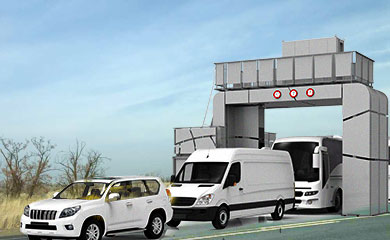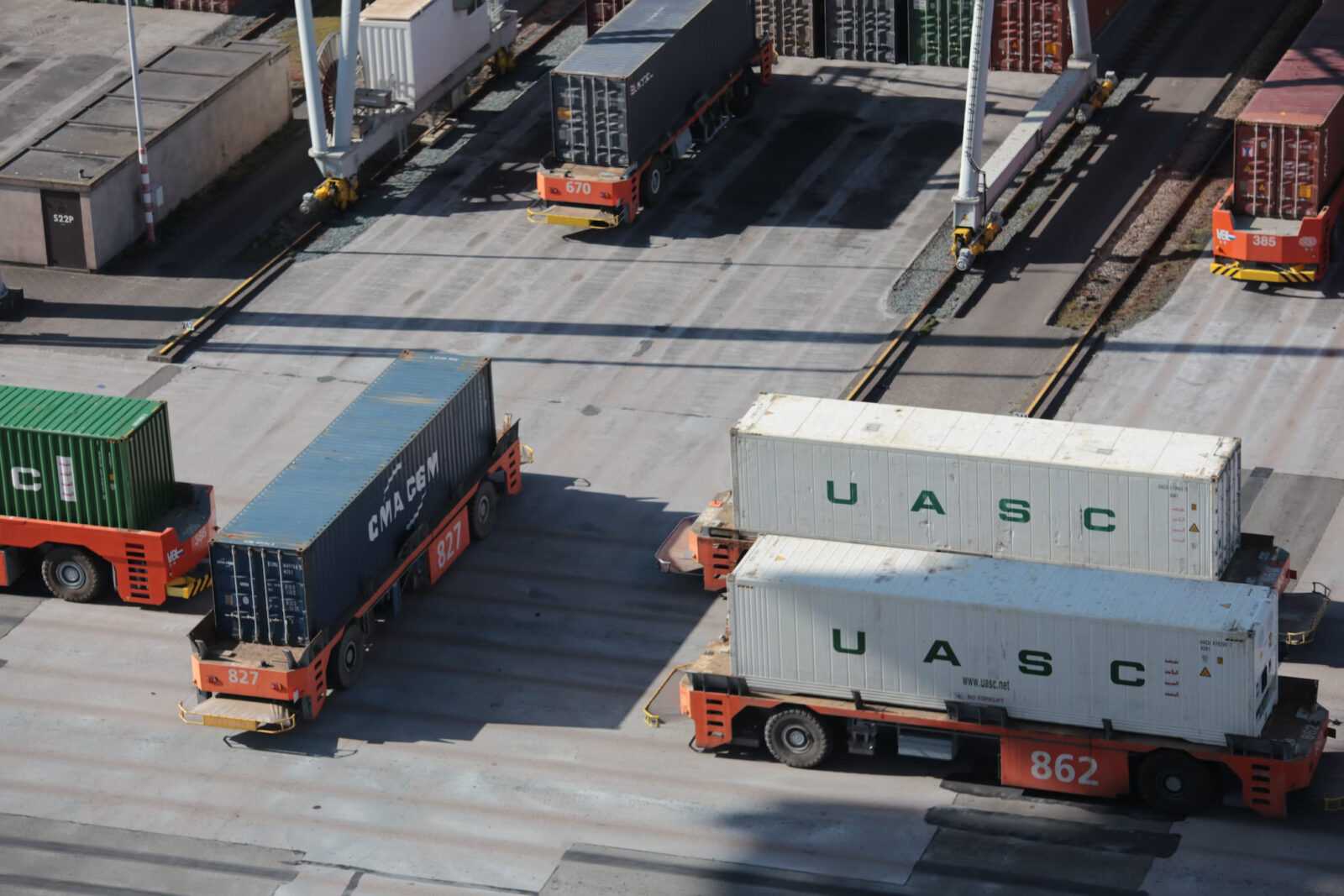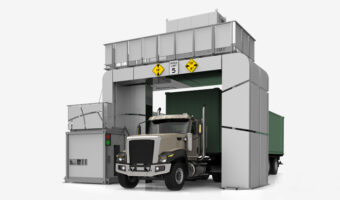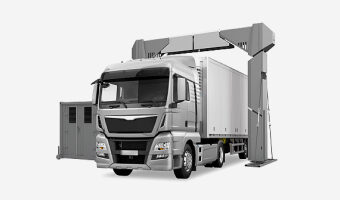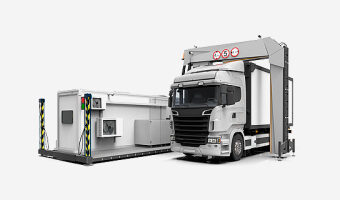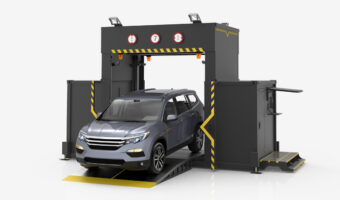X-ray machines for vans and containers scanning are used in a variety of locations, including ports, border crossings and transportation hubs. They are commonly used by customs officials, border control agencies, and law enforcement agencies to inspect containers, vans, lorries, and other shipments.
These scanners are also used by shipping and logistics companies to ensure the safety and security of their cargo and to comply with regulatory requirements. Additionally, some private companies and organizations may use these scanners to inspect their own van, lorrie, container and other shipments for security purposes.
For what types of large and oversized vehicles can X-ray scanners be used?
X-ray scanning machines of cargo are designed to scan a variety of large vehicles, including vans, buses, trains, lorries and containers.
These systems are typically equipped with a large tunnel or scanning area that can accommodate vehicles of various sizes and shapes. Some X-ray scanning machines can even scan multiple vans, lorries or containers at once, making them ideal for use in high-traffic areas such as border crossings, ports, and airports.
X-ray machines use advanced imaging technology to provide high-resolution images of the container’s and van’s contents, allowing security personnel to quickly and accurately identify any potential security threats.
What X-ray scanner for container and van can detect?
X-ray scanners for container and van ispection can detect a wide range of threats, objects and materials, including weapons, explosives, drugs, contraband goods and people smuggling. They can also help to identify anomalies in the vans, lorries and containers that may indicate tampering or hidden compartments.
Benefits of the X-ray machines for van and container inspection
- Increased Security: X-ray scanners for vans, lorries, containers and goods inspection are essential for maintaining high levels of security.
- Fast and Efficient: X-ray scanners make the screening process faster and more efficient. This is particularly important at high-traffic locations, where delays can cause significant disruptions.
- Non-Invasive: X-ray scanners are non-invasive, meaning they do not require physical inspection of the van or container. This reduces the risk of damage to the goods and ensures that the inspection process is safe and secure.
- High-Quality Imaging: X-ray scanners provide high-resolution images of the entire contents of the vans, lorries or containers, allowing security personnel to identify potential threats quickly and accurately.
- Cost-Effective: X-ray scanners are a cost-effective solution for vans and container inspection. They require minimal maintenance and can be operated by a small team, reducing operational costs in the long term.
How to choose X-ray scanning machines for container, van and other shipments?
When choosing X-ray machines for van and container inspection systems, there are several factors to consider:
- Size and Capacity: Consider the size and capacity of the scanner and ensure that it can accommodate the vans, lorries and containers that you need to inspect.
- Imaging Quality: Look for scanners that provide high-resolution images and advanced imaging technology to ensure accurate detection of threats.
- Speed and Efficiency: Choose scanners that are fast and efficient, with the ability to scan multiple containers simultaneously to minimize wait times and delays.
- Ease of Use: Look for scanners that are easy to operate and maintain, with minimal service downtime, user-friendly interfaces and minimal training required.
- Compliance: Ensure that the scanner complies with relevant industry standards and regulations, such as ANSI N42.46, IEC 62523 and FANR.
- Radiation Safety: Chose scanners that are safe for human safety, with minimal impact on human health, that complies regulations ICRP, ANCI, N43.17 and ANSI N43.3
- Cost: Consider the cost of the scanner and its total cost of ownership, including maintenance, repairs, and upgrades over its lifetime.
- Support and Service: Choose a supplier that offers reliable support and service, including training, technical assistance, and maintenance services.



